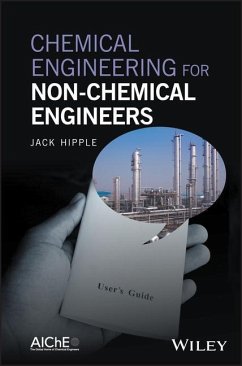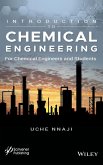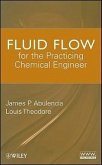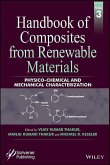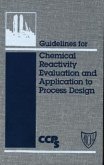Covers the basic concepts of chemical engineering in an easy-to-understand way, enabling non-chemical engineers to better interface with and understand chemical engineers and the fundamental concepts of chemical processing, design, and operation Chemical engineering is a skill and profession widespread within chemical manufacturing, oil and gas refining and processing, food processing, pharmaceutical manufacturing, plastics production and use, electronics manufacturing, and new energy recovery and generation technologies. Though these types of processes are typically designed by chemical engineers, it is important that those who interface with chemical engineers in the design and operation of these plants understand basic chemical engineering principles, allowing them to better understand the basis for operation and design of their facilities, the constraints of process operations, and the business opportunities that chemical engineering expertise can support and enable. Chemical Engineering for Non-chemical Engineers covers: * Important differences between laboratory and industrial scale practice of chemistry, consequences of scale-up mistakes, and approaches needed to safely scale a lab reaction process to a commercial scale, including the fundamentals of reactive chemical hazards * Basic chemical reaction equations, balancing, economies of scale, and the nature of various types of flow sheets * Basics and characterization of fluid flow and various pumping and transport systems * How separation processes such as distillation, absorption, stripping, chromatography, membranes, and leaching are used to recover, separate, and purify chemical products * How evaporation and crystallization are used to concentrate and purify products * Fundamentals and safety aspects of solids drying, handling, and storage * Approaches to controlling chemical processes, including the safety aspects of controlling them and the need for process control to produce products within defined quality limits Non-chemical engineers including process operators and technicians, chemists, engineers from other disciplines, marketing personnel, managers without a chemical engineering background, and intellectual property attorneys will be able to understand the basic concepts of chemical engineering.
Hinweis: Dieser Artikel kann nur an eine deutsche Lieferadresse ausgeliefert werden.
Hinweis: Dieser Artikel kann nur an eine deutsche Lieferadresse ausgeliefert werden.

